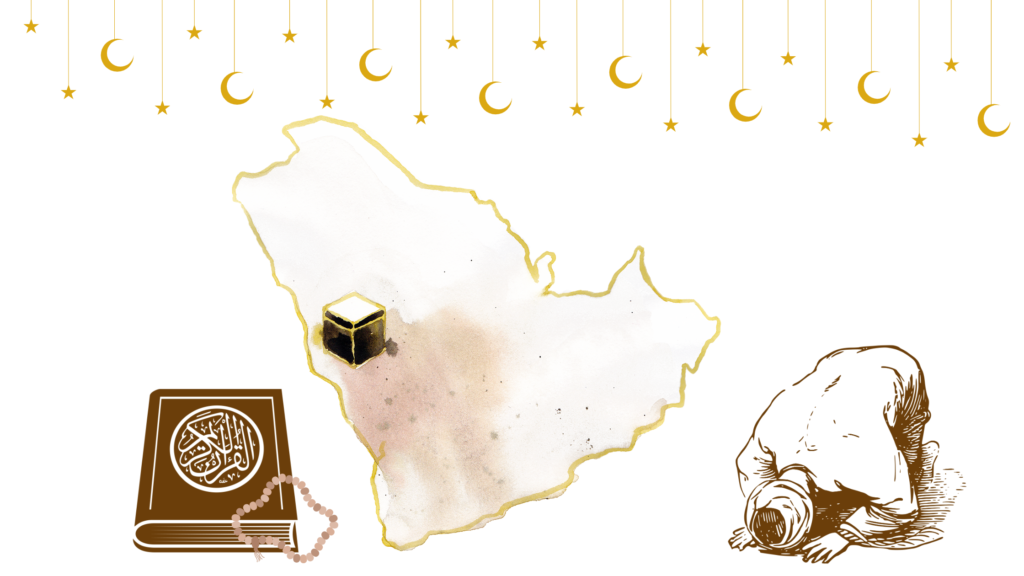
Risks in the Gulf States
The Gulf States, also known as the Gulf Cooperation Council (GCC) countries, are a region in the Middle East that offers promising business and investment opportunities. The countries referred to as GCC are mainly Saudi Arabia, Bahrain, Qatar, United Arab Emirates (UAE) as well as Kuwait and Oman.
However, companies must consider the cultural differences between the Gulf States and Western countries before entering the market. Cultural differences can significantly impact business operations, including establishing and maintaining relationships, negotiating deals, and marketing products and services.
If companies don’t prepare their staff accordingly there is a huge risk to the individuals to get into trouble locally by not following customs and rules. More so, the company reputation could be severe risk which will have an impact on all future dealings in the region.
The conservative culture in the region places great emphasis on respect for authority, hospitality, and family values. The following are some of the cultural differences to consider when doing business in the Gulf States:
Gender Roles
Gender roles in the Gulf States are often more traditional than in Western countries. Men and women are expected to behave according to specific gender roles, and businesses must be mindful of these differences.
Greetings and Gestures
Greetings and gestures are essential in the Gulf States, and it is essential to show respect when meeting someone for the first time. A firm handshake and eye contact are acceptable for both men and women, although you may want to take clues from the body languages as more conservative men may not want to shake hands with a women.
Dress Code
The Gulf States have strict dress codes that businesses must comply with when conducting business in the region. Men are expected to wear a suit and tie, while women should dress conservatively, covering their arms and legs. We have some great Ebooks that cover Dress code in Saudi Arabia.
Time Management
The concept of time in the Gulf States is different from that in Western countries, and punctuality may not be as strict. Meetings may start late or run over the scheduled time, and it is essential to be patient and flexible. It is also common for meetings to be interrupted by phone calls or visitors, and this should not be seen as disrespectful.
Relationships
Everything in the GCC revolves around relationships. So negotiations may take much longer than in the West because you need to earn the trust of your business partner in the Gulf. This means you need to invest long term in building strong relationships through cultural knowledge. We have created a Middle East 1-on-1 Consulting that will help you to do this time efficient and be an ongoing support.

Language
The official language of the Gulf States is Arabic, and businesses must consider the language barrier when doing business in the region. English is widely spoken, and it is essential to have an interpreter or translator for meetings especially when legal documents are involved. Learning basic Arabic phrases can also be beneficial in building relationships with clients and colleagues.
Religion
Religion plays an essential role in daily life in the Gulf States, and it is important to be aware of religious customs and practices. For example, during the holy month of Ramadan, Muslims fast from dawn until sunset, and businesses may have reduced working hours. It is also important to respect the local customs and traditions during religious holidays and events and also plan meetings and business trips accordingly. We offer MasterClasses that explain all the differences during the year and they will come to the shop soon.

Business Etiquette
Business etiquette is essential in the Gulf States, and it is important to show respect for authority and hierarchy. When conducting business, it is essential to address the most senior person in the room first and avoid interrupting or contradicting them.
Gift-giving is also common in the region and can be an essential part of building relationships. However, businesses must be mindful of the local laws regarding gifts and bribes.
By considering these points, businesses can further understand the cultural differences and nuances when doing business in the Gulf States. Adapting to the local customs and traditions can help build strong relationships and lead to successful business operations in the region but most of all minimise the risk to individuals as well as company reputations.




This Post Has 0 Comments